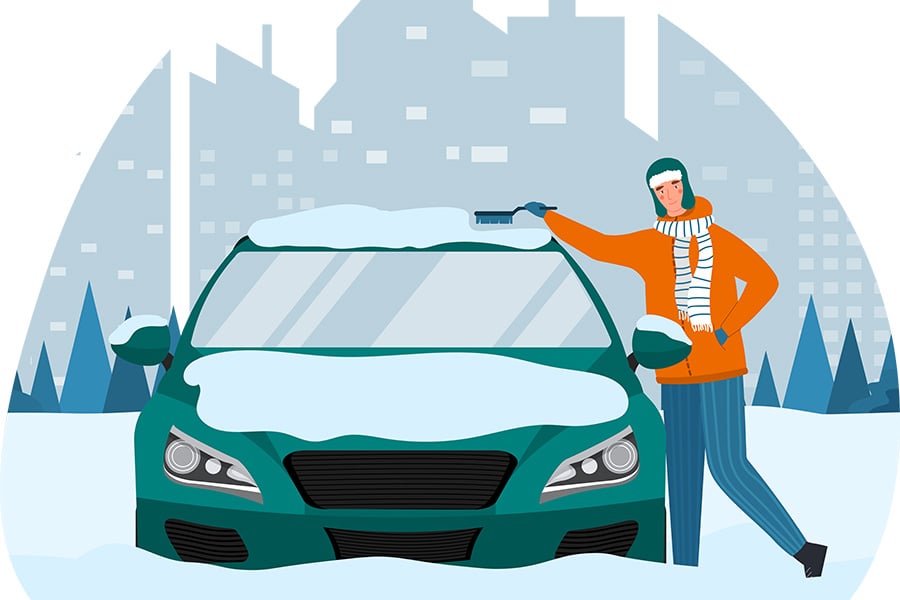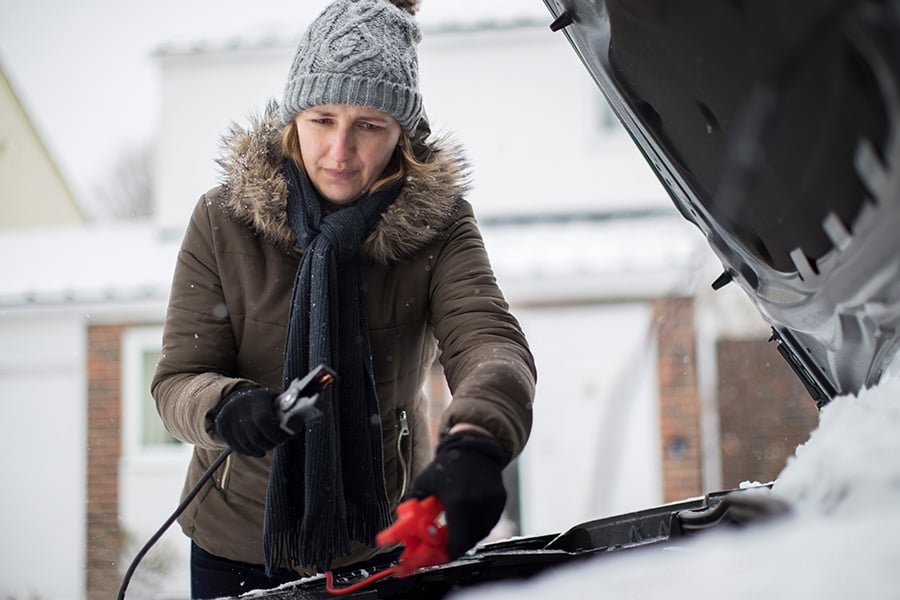Drivers Wanted

Are Americans ready for the day when the car next to them at the traffic light does not have a driver? In short, no, according to a new AAA survey.
Despite the prospect that autonomous vehicles will be safer, more efficient and more convenient than their human-driven counterparts, 78 percent of respondents reported feeling afraid to ride in a fully self-driving car, and only 10 percent said they’d feel safe sharing the road with driverless vehicles.
AAA is urging a gradual, safe introduction of driverless vehicles to ensure American drivers become informed and comfortable with this shift in mobility.
“A great race toward autonomy is underway, and companies are vying to introduce the first driverless cars to our roadways,” said Greg Brannon, director of AAA Automotive Engineering and Industry Relations. “However, while U.S. drivers are eager to buy vehicles equipped with autonomous technology, they continue to fear a fully self-driving vehicle.”
Findings in the new survey mirror those from a similar 2016 study. While the vast majority of respondents say they would not feel safe in a fully self-driving vehicle, 59 percent do want some autonomous features in their next vehicle.
“U.S. drivers may experience some driver assistance technologies in their cars today – like lane control assist, rear view cameras and blind spot alerts – but many feel they don’t work consistently enough to replace a human driver, and they’re correct,” Brannon said. “While these technologies will continue to improve over time, it’s important that consumers understand that today’s systems still require your eyes to be on the road and your hands on the wheel.”
Other findings show 54 percent feel less safe about the prospect of sharing the road with a self-driving vehicle, 34 percent said it would not make a difference, and only 10 percent say they would feel safer. Additionally, 73 percent of millennial respondents would be afraid to ride in a self-driving vehicle, compared with 75 percent of those from Generation X and 85 percent of baby boomers.
Previous studies of automatic emergency braking, adaptive cruise control, self-parking technology and lane-keeping systems have shown strong promise, but also great variation, according to Brannon. Such variation may be particularly concerning to consumers, with AAA’s survey revealing that 81 percent of Americans feel that all automated vehicle systems should work similarly and consistently, regardless of vehicle manufacturer.
AAA is committed to ongoing unbiased examination of automated vehicle technologies to help educate consumers on emerging technologies. Future AAA testing will look at how well systems work together to achieve higher levels of automation.
“Every year, approximately 35,000 people die on America’s roadways, most as a result of human error,” said Jill Ingrassia, managing director of AAA’s Government Relations and Traffic Safety. “Connected and automated vehicle technologies have the potential to dramatically reduce this number, and automakers, government agencies and safety organizations like AAA must continue working together to ensure these new vehicles are safely tested and deployed.”






